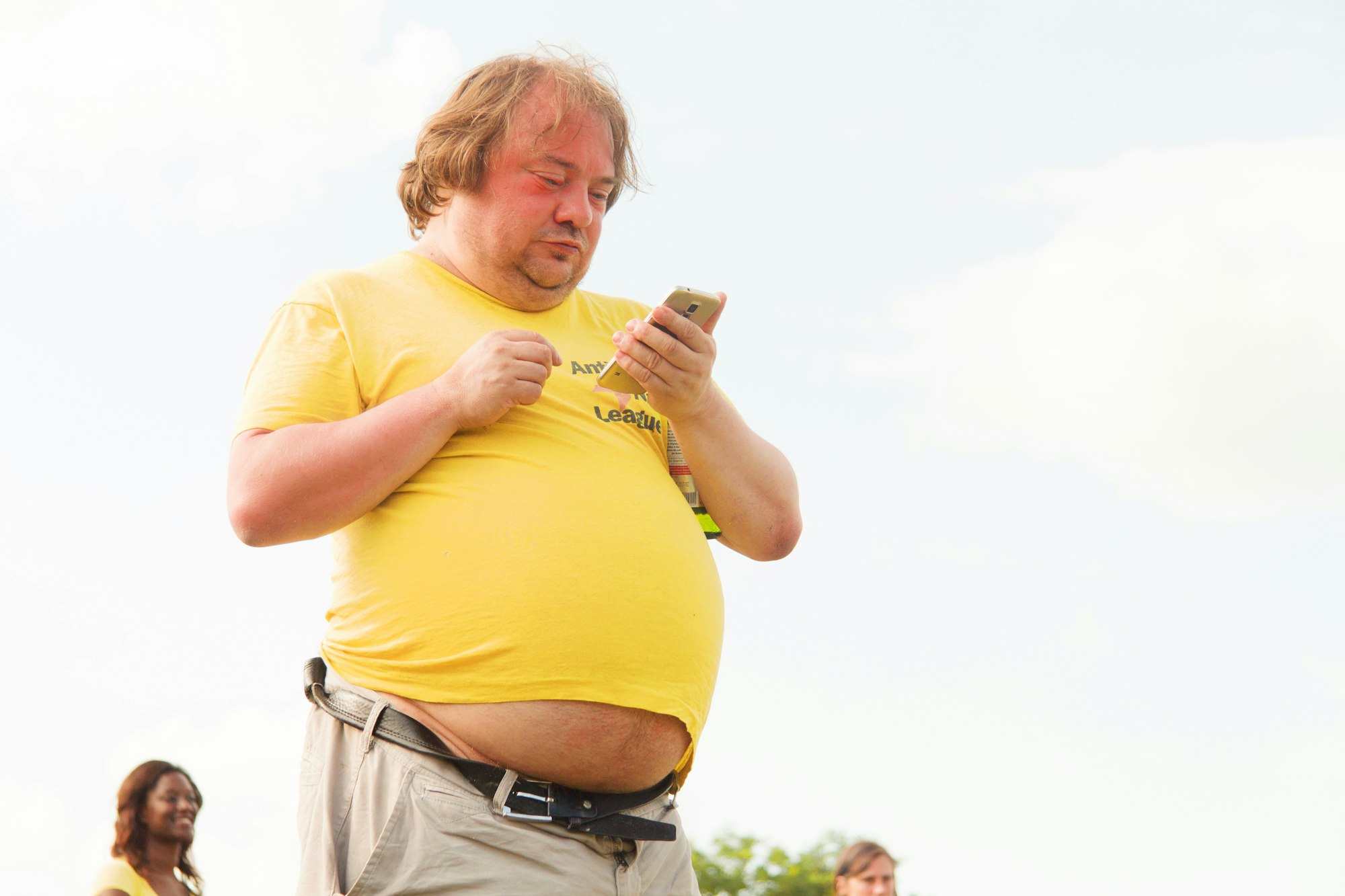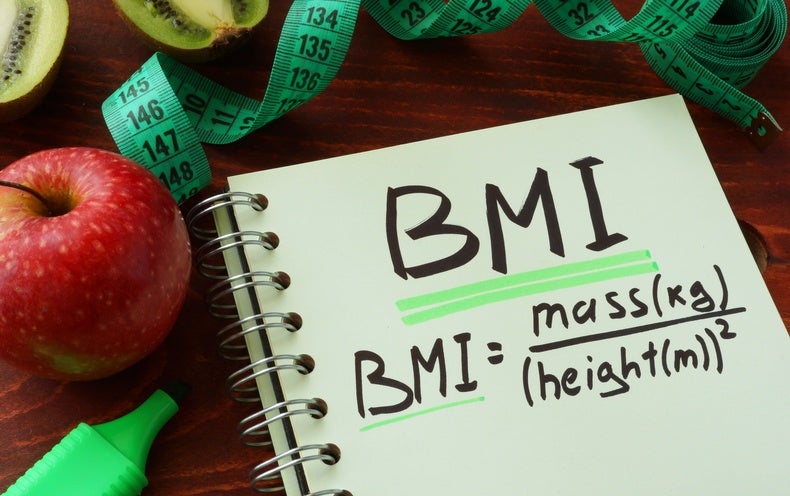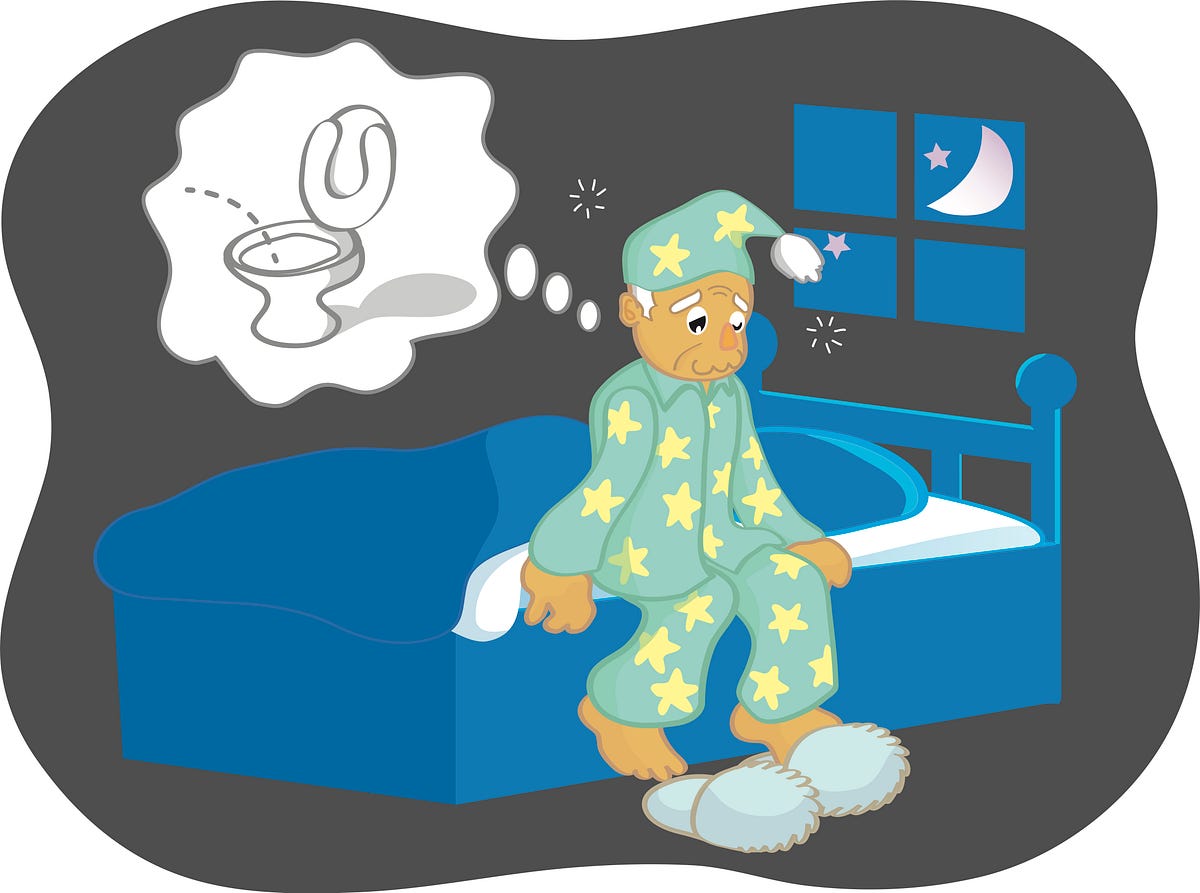
And other terrible misconceptions about our bodies, which even our health professionals still believe
I grew up in the Sixties, when there were plenty of misconceptions about weight loss. Granted, back then, we didn't look like we do today. Obesity was much rarer, outside activity was more the norm.
In the 1960s and 1970s only 13 percent of U.S. adults and 5 to 7 percent of U.S. children were obese. Today, 17 percent of our children, 32 percent of adult males, and 36 percent of adult females are obese.
These days obesity is the norm, albeit our abuse of the obese has skyrocketed, even as far more of us who are doing the abusing are ourselves not exactly fitness models. Including the health care folks themselves, who these days aren't exactly practitioners of what they preach. That of course doesn't keep them from fat-shaming based on bad science and old wives' tales.
Among them:

Conventional Wisdom (CW) when I was a kid was that muscle turns to fat. Not only is that impossible, what's worse is that despite the fact that this is basically bad science, the health care community and far too many of those in the weight loss industry as well fitness professionals as still trot this old piece of utter nonsense out.
It's bad enough that you and I continue to see the use of Body Mass Index used regularly as though it had meaning. It doesn't:

My favorite quote from the article:
Because the BMI is a single number between 1 and 100 (like a percentage) that comes from a mathematical formula, it carries an air of scientific authority. But it is mathematical snake oil. (author bolded)

Yet I continue to see BMI used in otherwise thoughtful publications, including nearly every single time I visit an Urgent Care Clinic. This is how we perpetuate bad science and bad ideas that can do harm. There's a strong suspicion, not without cause, that American insurance companies lobby to continue to use the false BMI to charge higher fees for its customers despite the simple fact that plenty of folks with a high BMI are also extremely fit. That lie means that healthy people pay higher premiums for lives which don't need services typically associated with lifestyle illnesses, like obesity. What a great setup, basing pricing policy on what has proven to be a baldfaced lie.
That's hardly all.
In an article from The Conversation, authors Ruben Meerman and Andrew Brown surveyed 150 people in the health and fitness industry from doctors to trainers. This is what they found out:
:format(jpg):extract_cover()/https%3A%2F%2Fimages.theconversation.com%2Ffiles%2F206793%2Foriginal%2Ffile-20180216-50530-rlieya.jpg%3Fixlib%3Drb-1.1.0%26q%3D45%26auto%3Dformat%26w%3D496%26fit%3Dclip)
From the article:
Even the 150 doctors, dietitians and personal trainers we surveyed shared this surprising gap in their health literacy. The most common misconception by far, was that fat is converted to energy. The problem with this theory is that it violates the law of conservation of matter, which all chemical reactions obey. (author bolded)
Basic science. Easily researchable. Yet doctors, who count on science (okay okay, most of the time) to do their work, don't know this, and instead lean on the worst of old wives' tales to treat patients with obesity issues. And to berate them using ridiculous standards with no basis in solid science.
So where does fat go?
You breathe it out.
WTF?
Again, from the article:
The enlightening facts about fat metabolism
The correct answer is that fat is converted to carbon dioxide and water. You exhale the carbon dioxide and the water mixes into your circulation until it’s lost as urine or sweat.
If you lose 10kg of fat, precisely 8.4kg comes out through your lungs and the remaining 1.6kg turns into water. In other words, nearly all the weight we lose is exhaled.
This surprises just about everyone, but actually, almost everything we eat comes back out via the lungs. Every carbohydrate you digest and nearly all the fats are converted to carbon dioxide and water. The same goes for alcohol. (author bolded)
You breathe it out. That's the science.
Again, from the article:
The correct answer is that fat is converted to carbon dioxide and water. You exhale the carbon dioxide and the water mixes into your circulation until it’s lost as urine or sweat.
If you lose 10kg of fat, precisely 8.4kg comes out through your lungs and the remaining 1.6kg turns into water. In other words, nearly all the weight we lose is exhaled.
Not magic. It's how the body works.
Here ya go:

More detail from that article:
Fat from food is stored in the body in cells called adipocytes. It is stored as a compound called triglyceride.
Triglyceride consists of three kinds of atoms; carbon, hydrogen and oxygen, and this means that when it is broken down around a fifth of it forms water (H2O) and four-fifths becomes carbon dioxide (CO2).
The water formed may be excreted in the urine, faeces, sweat, breath, tears, or other bodily fluids and is readily replenished by drinking water.
But the exhaled carbon (in CO2) can only be replaced by eating food or consuming beverages such as fruit juice.
While the scientists in that study still tend to perpetuate the inaccuracy of calories in, calories out (another seriously wrong myth), this is at least a step in the right direction.
Okay, you say, but what about poop?
There's that. To that:
The only thing in food that makes it to your colon undigested and intact is dietary fibre (think corn). Everything else you swallow is absorbed into your bloodstream and organs and, after that, it’s not going anywhere until you’ve vaporised it.

That's the science. You and I can research this, but we tend not to, because it requires that we eschew magic potions, lotions, and lies that sell snake oil. Real research puts us in charge and allows us to be better managers of our bodies and health. Once you and I understand what really happens, the real physical processes that take place in our magnificent bodies, we can call crap on the ridiculous CW that has driven so much misunderstanding about where fat goes when it leaves us. Then we have a better chance to both reach and maintain a better body weight that works for the skin suit we inhabit.
This Medium.com article speaks in part to this, and why it is so important that you and I sleep well. For we are far more effective at breathing out our belly (and butts and everything else) if we get a solid, uninterrupted night's sleep:

From Suzie's article:
Common sense tells us we can’t stay up half the night and then also have the energy to exercise hard and prepare healthy meals. Poor sleep quality and increased risk of being overweight are linked and have been for quite some time. It’s now listed as a risk factor for obesity, along with a lack of exercise and overeating.
To support Suzie's point, this from the BBC article above:
They estimate that an average person loses at least 200g of carbon every day and roughly a third of that occurs as we sleep. (author bolded)
It doesn't take a huge leap to connect good breathing, proper rest, exercise, a healthy cardiovascular system and what we now know about how we breathe out the fat as carbon dioxide and water to understand that lousy sleep patterns undermine fat loss efforts. It's not just those extra donuts. Extra donuts don't help but they aren't the whole story.
This is of course just one more way to better understand the whole process. Proper fueling of our bodies, proper amounts and types of movement which work for us all play a part. As with most things, especially in understanding our bodies, it's complex and deeply individual.
You and I bear the responsibility to better understand our bodies, the science behind how we work, not the misinformation and myths.
Next time someone tries to convince you, usually that aging, overweight uncle who used to be a track star in high school, that his muscled body just "turned to fat," hand him the above articles. Might not change his mind. Doesn't matter.
Then take a deep, deep breath and blow out some of that body fat.




Comments powered by Talkyard.